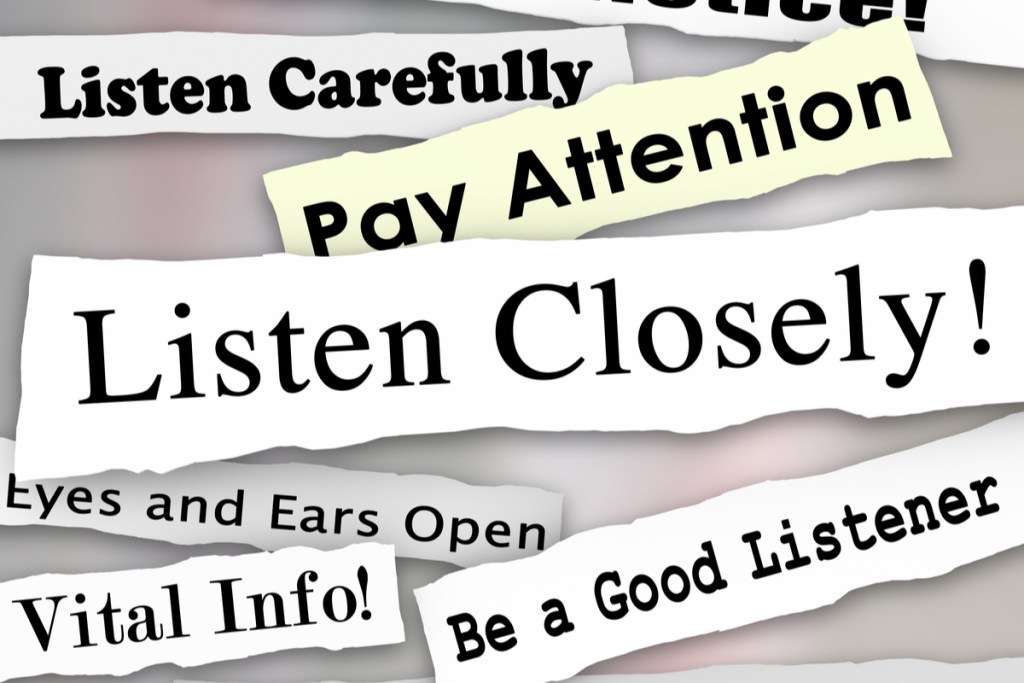No matter the length of time you’ve been in the business world, you have to do everything possible to be authentic. So, why is that, you may ask? Imagine if too many prospects you want to sell to view you and your product(s) as being both fake and not worth their time and money. Do you think you’d stay in business for very long if that were the case? So, what’s the best way to sell your product without coming off like a pushy salesperson? We’ll answer that question and more in this article.
How to sell your product
Give consumers reasons to do business with you
According to Hubspot, buyers to the tune of close to 70% say the best way to sell is to be aware of one’s needs. A little over 60% of buyers surveyed say not being pushy is a way to make a connection and potential sale. Finally, offering worthwhile info on how a product can better a buyer’s life is key to a little more than 60% of folks.
With those numbers in mind, are you confident your sales skills are what you need to get the job done?
How to get more sales without being “salesy”
Treat people the way you want to be treated
Just say you target another business. It’s a business that could use your product to increase its sales and revenue. The all too common go-to approach would be to tell the business owner how great your product is. You also say why they should consider using it in their operations. After five or 10 minutes on the phone or in person, you keep talking about how great the product is. Seemingly, you won’t take no for answer. Now, imagine if you were getting that call from a business, and you were the prospect. Chances are, you’d politely decline to keep the conversation going. You could also dismiss it altogether by hanging up the phone or asking them to leave your place of business. When you treat business prospects the way you want to be treated, it can go a long way in clinching a sale.

Ask questions and listen
One annoying trait of a bad salesperson is that they only hear what they want to. That said, by all means, ask questions of your prospective buyer so you have a clear sense of what they need. It is also important to be a good listener. If what the prospect is saying is going in one ear and out the other, chances are, you won’t make a sale. As part of that asking questions and listening, leave an allotment of time for a prospect. For example, one complaint you hear of some doctors from patients is that they only give them a few minutes of time. Set aside as much time as needed (see more below). This allows you to show a prospect why your product will benefit their business or even life outside of work. If you only have dollar signs in your head when conversing with a prospect, chances are, you won’t cash in.
Give a prospect time
Another gaffe to avoid is being seen as a high-pressure salesperson. All that does is decrease the odds of you making a sale. Instead, give them a reasonable amount of time to think things over and come back to you with an answer. Be realistic in knowing that you are not going to sell to everyone you set out to work with. As such, don’t get down on your product, and more importantly, yourself when a sale doesn’t take place. Learn from these experiences. Hopefully, they are the occasional occurrence and not the norm.
Be accessible to prospects
Even if you do not make a sale the first time around to a prospect, leave the door open when there is some degree of interest. No, this does not mean bugging them month after month. Leave your contact info with them. Let them know you are always willing to answer any further questions they have. A prospective sale often comes down to not only the product or service being pitched but also timing. The timing now may not be right for the prospect. This does not mean that will be the same story down the road. And if your product is not exactly right for their needs, they may know one or more individuals who’d benefit from it.
Network with others
While you have a lot to do, take time to network with others you know in the business world. Talk to them about how they go about selling products to others. Find out what works for them and what they try and steer clear of. Picking up pointers and sharing experiences with others can be beneficial. Last, never let your ego get the better of you. No matter how long you’ve been in the business, you can always learn when it comes to improving your sales pitch.
If your sales are not where you want them to be, take a good look in the mirror. At the end of the day, it may actually be the salesperson holding everything back.



